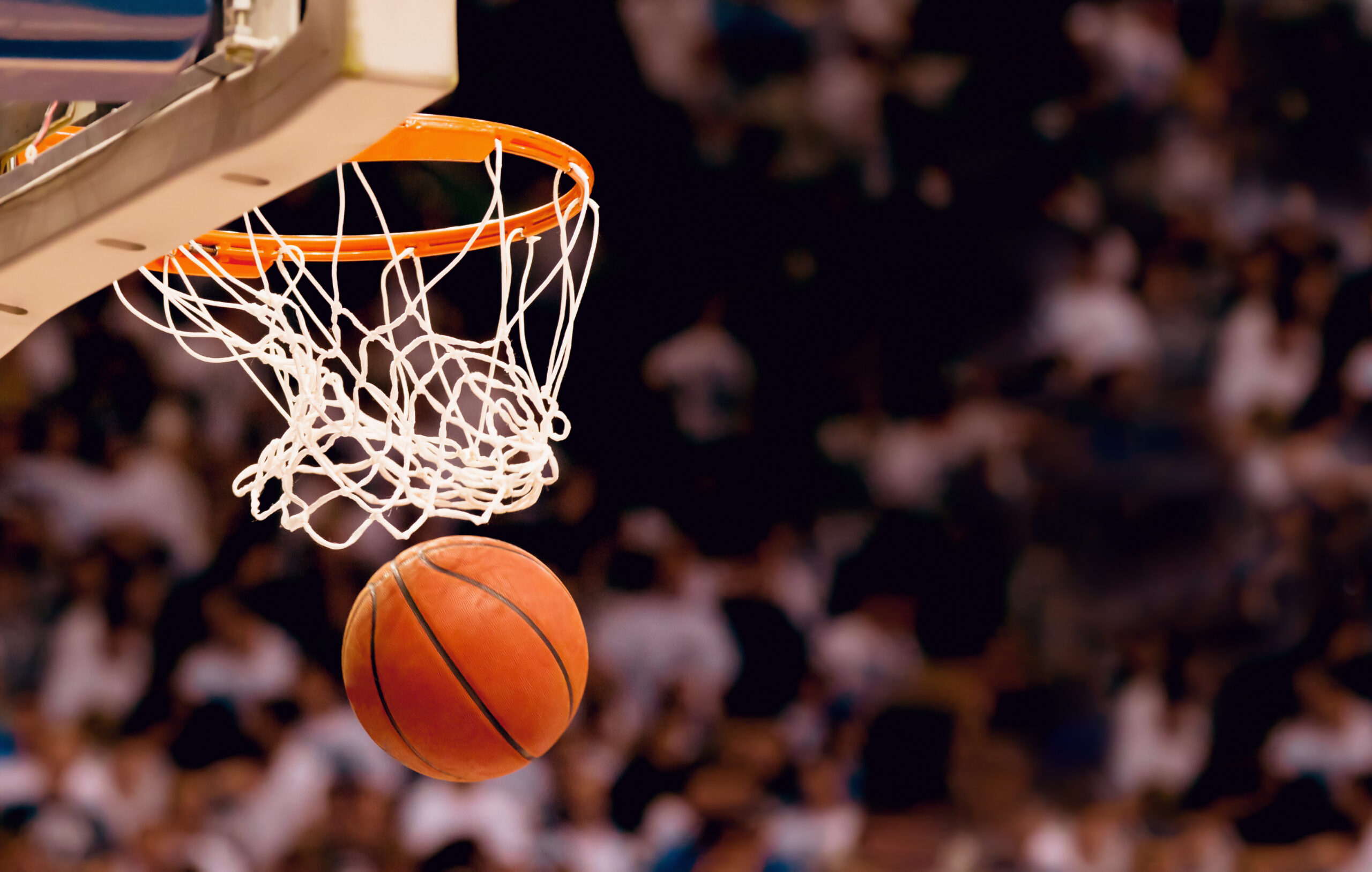Connect with us
Published
4 months agoon

In the relatively short time regions across the U.S. have enjoyed legal cannabis, research has documented a number of correlations associated with states that have introduced cannabis reform. One of the most recent studies curiously found that cannabis legalization may be linked to talent acquisition for college sports.
The new study, “The Effects of Marijuana Legalization on NCAA Men’s Basketball Recruiting,” was recently published in the Journal of Sports Economics, explored the relationship between adult-use cannabis policies in the U.S. and college sport recruitment, finding that legalization is linked to better recruitment for college basketball and poorer outcomes pertaining to college football teams.
To examine this relationship, researchers looked at recruiting data from 2003 to 2019 and compared recruitment data in specific states to their respective cannabis laws. Researchers noted that cannabis legalization may be an “important, but complex, driver of college sports recruiting,” additionally suggesting that the National Collegiate Athletic Association should take these considerations into account.
Looking at college basketball recruitment, researchers found that teams located in states with legal cannabis laws saw an average 3.7-slot improvement in recruiting rankings. The study found that “being located in a state with legal marijuana exerts an effect on recruiting that is 50 percent as strong as having a new coach.”
Though these trends took a very different turn when it comes to college football team recruitment. The study found that rankings were an average 2.9 slots worse for colleges located in states with legal cannabis when compared to “otherwise similar institutions” that had yet to legalize recreational cannabis.
Based on the data, authors said that states with legal cannabis laws “can expect improved recruiting outcomes in basketball, but reduced recruiting prowess in football.” They add that, in both instances, the effects are “large” and suggest that interested parties, like coaches, administrators and fans, of other NCAA sports should factor in cannabis laws as a “potential driver of recruiting effects.”
That said, researchers also noted that the findings are somewhat incomplete, though they expired a number of potential reasons for the association.
Authors noted that the correlation could be because of cannabis policies among national leagues like the NFL and NBA. Until these leagues recently adopted updated policies, players were penalized for cannabis use. Researchers note that the NFL typically saw greater adverse financial effects for positive tests, adding that the NFL’s policy meant “one positive test could end a marginal NFL player’s career.” This may point to the hesitation of college football players to use cannabis, as NFL policies have historically offered a greater incentive to avoid cannabis use.
Comparatively, the NBA has promoted a more liberal stance on cannabis use, so researchers suggested that college basketball players looking to play in the NBA may be “more willing” to use cannabis in college.
“This could explain why basketball recruiting is improved for colleges in a state with legal recreational marijuana,” researchers note.
The study also nods to the change in policies among both leagues. Specifically, the NBA removed cannabis from the league’s list of banned substances and laid out rules allowing players to invest in cannabis brands under specific circumstances. The NFL’s drug policy also shifted in 2020, in that players would no longer be suspended from games over positive cannabis tests.
Researchers also suggest that the relationship between cannabis legalization and college football and basketball recruitment could be due to cultural differences, specifically that “the basketball community is generally accepting of marijuana use.”
Based on the study results, researchers said it’s fair to assume that states with legal cannabis laws “will enjoy improved basketball recruiting and on-court performance in the coming years, relative to their peers,” adding that these same colleges can expect “adverse recruiting effects in football, leading to worsened on-field performance in future seasons.” They also note that many universities in recreational cannabis states don’t have football programs but do have well-established basketball programs.
“While these explanations are feasible, more research is needed,” authors state.


Study Reveals State Cannabis Legalization Lowers Immigrant Deportation


DEA Challenges Bid To Use Psilocybin Under ‘Right To Try’ Legislation


Vegans Rejoice as Farmers Switch from Chickens to Hemp


Louisiana Legislative Committee Unanimously Passes Adult-Use Cannabis Framework Bill


Louisiana House Bill to Regulate Hemp Products Advances Along With Senate Bill to Ban


Cresco Labs Workers Reportedly De-Unionize
